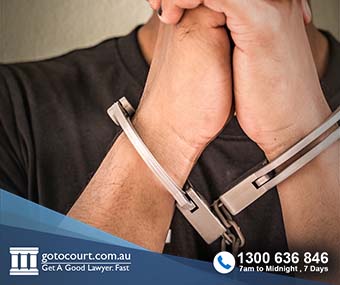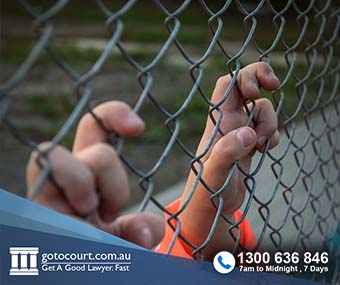When Police Can Arrest You (WA)
In Western Australia, police can arrest and detain a person in order to keep the peace, prevent a crime or to protect the life and property of the community. An arrest is the process used to bring a person into police custody and to charge that person with an offence.
When police can arrest you
Police have the power to arrest a person either with or without a warrant and whether a warrant is obtained will depend upon the circumstances. Police can arrest a person without a warrant when:
- They reasonably suspect they have committed an offence;
- They reasonably suspect they about to commit an offence and if not arrested, are likely to continue or repeat the offence, commit a subsequent offence, endanger their own or another person’s safety or are likely to interfere with a witness, evidence or a police investigation, or in instances where there is no lawful way to establish a person’s identity;
- Where there has been a breach of a Family Violence Restraining Order, a Violence Restraining Order or offences involving a serious act or threat of family violence;
- To prevent a breach of the peace.
You must give your details
When police reasonably suspect you have already committed an offence, are about to commit an offence, or when you may be able to assist the police in an investigation of an offence or suspected offence you may be required to provide your personal details.
It is a requirement to give police your personal details when asked, and it is an offence not to do so. Your personal details include your full name, date of birth, current address and the address you usually live.
If police believe your details are false, you can be requested to produce evidence of your identity.
Do you have to answer other questions?
Police should “caution” you if it is reasonably suspected you are involved in an offence and are likely to be charged. The caution police use is usually words along the line of “You are not obliged to say anything unless you wish to do so, however anything you do say may be taken down and used in evidence against you”.
If police have cautioned you and you do not want to answer their questions, you should respond calmly and politely. Make it clear to the police you do not wish to participate in their questioning by saying “No comment”. You may also say “I do not wish to answer any questions until I have spoken to my lawyer”.
Where an arrest involves a person under the age of 18 years of age, they may say “I do not wish to answer any questions without my parents being here.”
There are some instances you must answer police questions. In these situations, police should first advise that you must answer their questions by law, and by failing to do so that you may be charged. This situation arises where your house is being searched for drugs, when driving a vehicle and establishing whether you are the owner of the vehicle and questions about your identification when on licensed premises such as pubs and nightclubs.
What can police do when arresting you?
When police arrest you, they must:
- Tell you that you are under arrest.
- Caution you and inform you of your rights.
When arresting a person the police may:
- Use as much force as reasonably necessary to make a lawful arrest.
- Carry items including pepper spray, a taser, baton, handgun and handcuffs which can lawfully be used to assist in the arrest process if necessary, to prevent injury to themselves or others.
What are your rights?
Police must inform you of your rights. These rights include the right to seek medical treatment and the right to advise a relative or friend of your whereabouts. You also have a right to engage the services of an interpreter if you are not comfortable talking to the police in English.
How should you behave when being arrested?
If police arrest you, it is always best to co-operate with the arresting officer. Do not try to escape from police, as police are allowed to use reasonable force to prevent you escaping from lawful custody.
Should you resist, struggle, abuse or assault a police officer during the course of your arrest you may be charged for further offences including assaulting a public officer, disorderly conduct or threatening behaviour.
What must police do when arresting a minor?
Police can arrest a young person in the same circumstances that police can arrest an adult. When police arrest a young person, they must attempt to contact a responsible adult at the earliest opportunity and advise them that the young person has been taken into custody. They must keep the responsible adult informed as to the young person’s whereabouts and inform them if they intend to question the young person.
However, although the policy of the Western Australian Police is to have a responsible adult present when a person under the age of 18 years of age is being interviewed, there is no law in Western Australia that requires police to interview a young person with a responsible adult present.
If you require legal advice or representation in a criminal matter or in any other legal matter, please contact Go To Court Lawyers.




